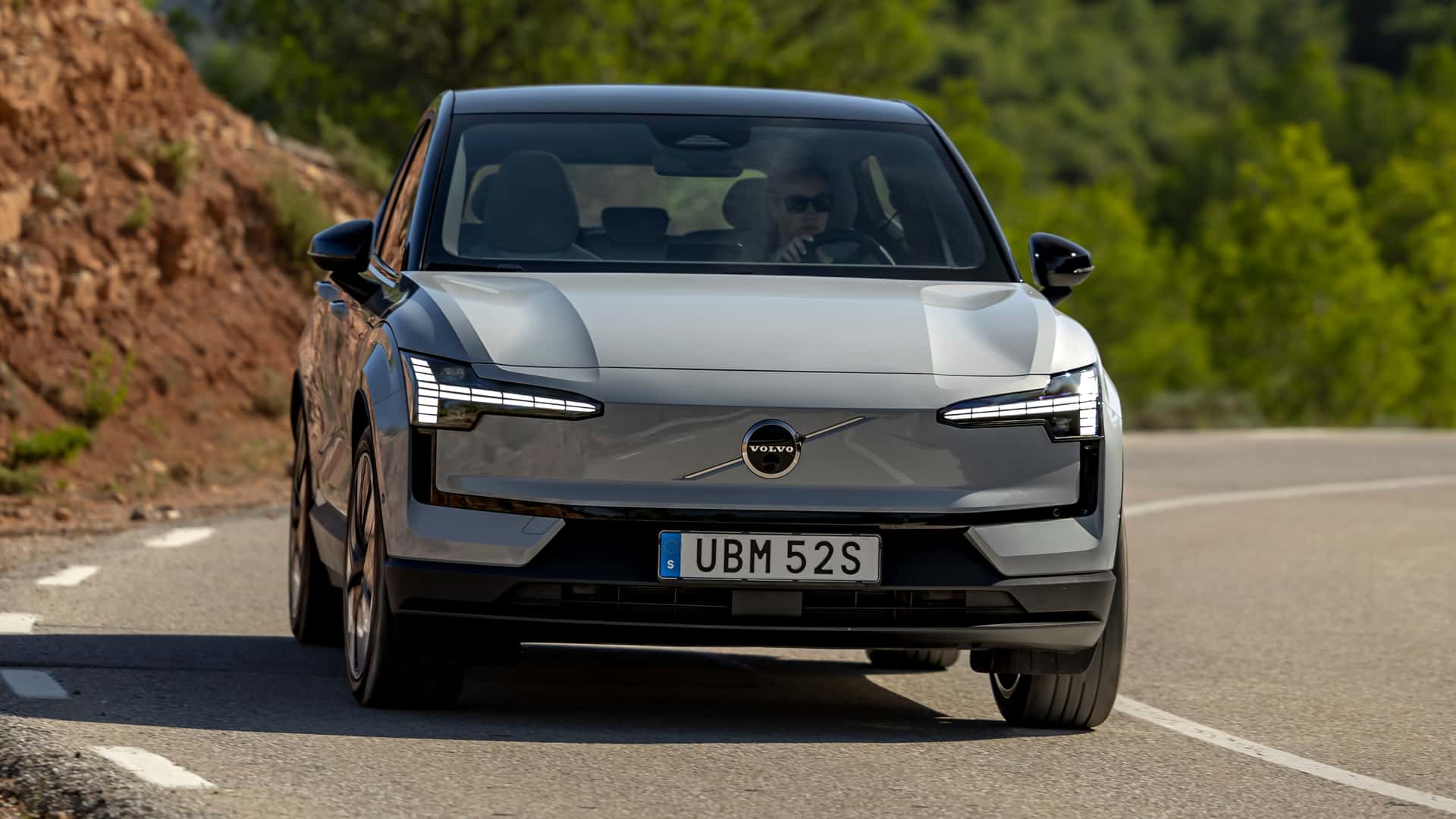Data from thousands of EVs shows the average daily driving distance is a small percentage of the EPA range of most EVs.
For years, range anxiety has been a major barrier to wider EV adoption in the U.S. It’s a common fear: imagine being in the middle of nowhere, with 5% juice remaining in your battery, and nowhere to charge. A nightmare nobody ever wants to experience, right? But a new study proves that in the real world, that’s a highly improbable scenario.
After analyzing information from 18,000 EVs across all 50 U.S. states, battery health and data start-up Recurrent found something we sort of knew but took for granted. The average distance Americans cover daily constitutes only a small percentage of what EVs are capable of covering thanks to modern-day battery and powertrain systems.
The study revealed that depending on the state, the average daily driving distance for EVs was between 20 and 45 miles, consuming only 8 to 16% of a battery’s EPA-rated range. Most EVs on sale today in the U.S. offer around 250 miles of range, and many models are capable of covering over 300 miles.



Gas engines just don’t fail today man. It will almost always be the battery pack. Stats prove it.
I’ve looked at a fair number of these different vehicles from different manufacturers.
This is utter horseshit. Gas cars fail way more because they have way more parts and all of those parts require more maintenance.
I would know, I bought a house and put a kid through college with the money I made fixing gas cars and now I’m changing careers cause EVs are taking over and they rarely break.
The batteries degrade over time slowly, especially compared to gas engines. Just compare the warranties! Gas drivetrains get 3 year / 36k mile warranties. EV battery warranties are 8-10 years.
Um…
You know that Hyundai has a 10 Year, 100k mi Engine warranty, right?
Yes I know that. Because they are the only one that does. That’s why it’s called cherry picking.
deleted by creator
Meanwhile, the Toyota Prius has been sitting on the top reliable cars for the last 20+ years…
There’s like, statistics… ya know? We don’t have to hypothesize the problems or “expected” problems. We can look at these cars and their long history now and see where the problems occurred.
deleted by creator
Because replacing a 200lb battery is easier than replacing a 1000lb battery in a full EV.
You’re right. Battery packs have limited durability / cycles. Its just how the chemistry works. The question is if you want to have a 200lbs of it or if you want 1000lbs of it.